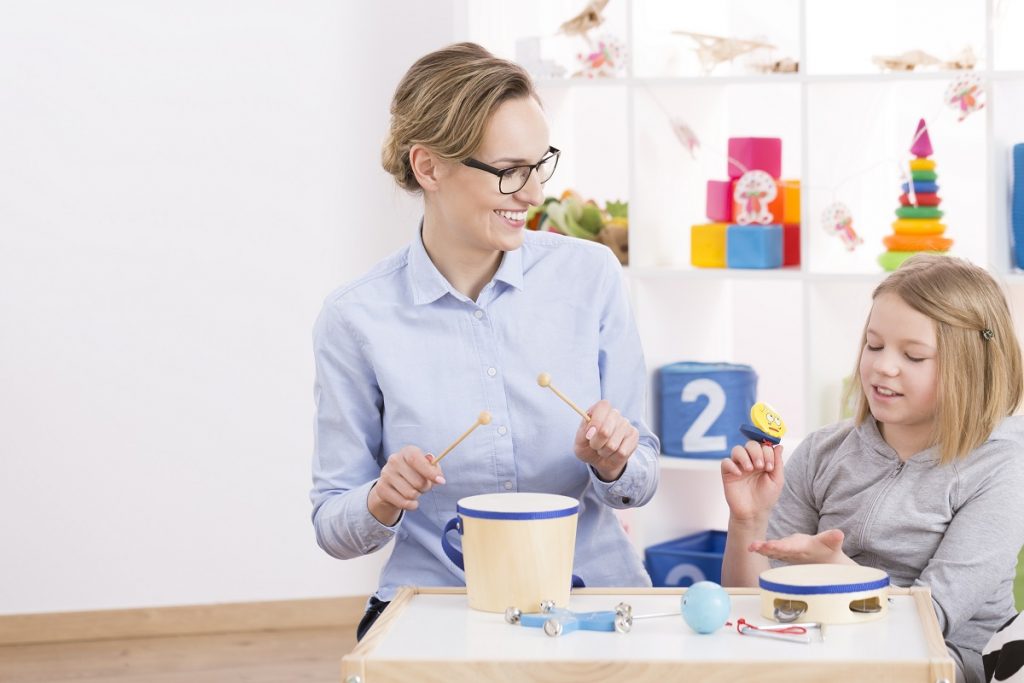What’s the first thing parents fear about in their children with autism? They fear that in the future when they are gone, their children won’t be able to defend themselves against people who want to take advantage of them. They fear that they will not live a normal life. And yes, in many ways, the lives of these children are forever altered by their conditions. But a lot of parents have already made strides to find therapies and programs that will help their kids with autism open up to the world.
Music lessons can make a difference in your kid’s life. Remember that children with autism have difficulty with social interactions and communication. They barely make eye contact. They don’t respond when their names are called. They cringe when unfamiliar people touch them or get near them.
But it’s different with music therapy. Kids can connect through a musical instrument. They make personal connections with music. In turn, this enables them to open up and try to engage socially. Look at your child. Do they respond to certain sounds already? Have you noticed if they enjoy hearing a song? Are they more responsive when they listen to a song? If so, it’s a good sign that music therapy might work for them.
Communication
Children with autism find it hard to communicate how they feel. But because they are interested in what the music teacher is trying to teach them, they will somehow show interest. That’s a start. Warming up to their music teacher is a start. At first, they will only watch and listen as the teacher explains a musical instrument, how it works, and how to play it.
Slowly, you will notice that your child will begin to relax. This is an important connection that the teacher is building during the first few days. It’s this building-the-trust process that’s crucial to the success of music therapy.
Social Interaction
Are you going to enroll your child in individual classes or group classes? How about trying a group a class? Your purpose is to make them open up socially. If they are going to be in individual classes, they won’t meet anyone but their teacher. They will become dependent on that teacher instead of learning how to socialize with the other kids.
When there are other kids in class, your child will learn to share and take turns on the instrument. This is the start of social interaction. A nonverbal interaction may be a long way from being a social butterfly, but it’s a start. Learning that things have to be shared could be the beginning of a conversation later on.
Independence

Children with autism are incredibly dependent on their caregivers. They barely leave their side even during their music classes. Fortunately, their attendance in these classes will also pave the way for them to be more independent. As they learn a new musical skill, they will become more self-reliant and self-actualized. There will be a realization in them that they can enjoy something without needing to be by their caregivers’ side. Slowly, their parents or caregivers can leave them in these classes alone, allowing them to grow, socialize, and interact with their peers.
It is important to find the right music therapist for your child with autism. Look for a certified music therapist. Interview the therapist. Join the first few lessons. See how they interact with your child. Lastly, make sure that your kid is comfortable with them. Listen to your kid’s intuitions.







